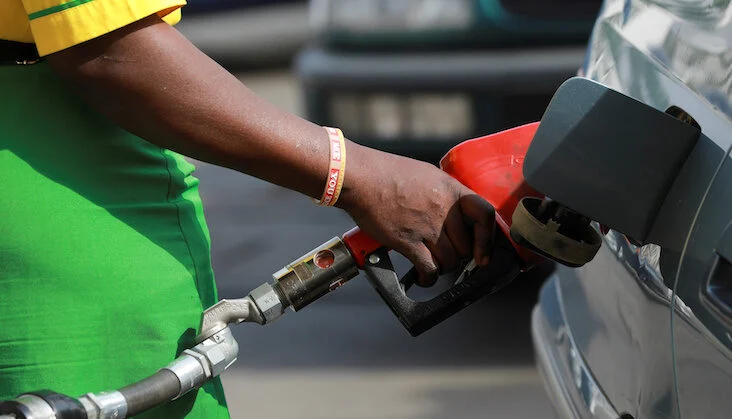Oil marketers in Nigeria have stated that the cost of the commodity would cross ₦800/litre once the subsidy on PMS is removed even as the scarcity of the Premium of Motor Spirit, popularly called petrol, continued on Sunday,
Industry operators had repeatedly stated that the high cost of subsidy on petrol was a burden on the Nigerian National Petroleum Company Limited and contributed to the prolonged crisis in the downstream oil sector. NNPC is the sole importer of petrol into Nigeria.
The Minister of Finance, Budget and National Planning, Zainab Ahmed, recently suggested that the government should gradually withdraw subsidy on PMS, stressing that the budgetary allocation for subsidy would end in June.
But oil marketers told our correspondent that while it could be advisable to remove subsidy, Nigerians should know that the cost of petrol could cross ₦800/litre once the commodity was no longer subsidised.
Read Also: Attempt By Agitators To Hoist Biafra Flag In Bakassi Foiled
They urged the Federal Government to ensure that all the necessary measures and infrastructure to ensure a less stressful subsidy removal regime were put in place before implementing the decision.
‘If the government fails to take the appropriate measures, and they say they want to remove fuel subsidy, the situation will be worse than this, the masses will suffer. How can you remove subsidy and you don’t have this product (petrol),’ the Secretary, Independent Petroleum Marketers Association of Nigeria, Abuja-Suleja, Mohammed Shuaibu, stated.
He added, ‘If the government removes subsidy, where is the product? If you are removing subsidy, maybe by that time, the way diesel is sold at between N800 – N900/litre, we could be buying petrol at N800/litre, if not more than that.
‘This is because the product will be scarce, even from the government cycle. So the government should tell Nigerians the truth about this fuel supply crisis. It is not a problem caused by marketers.’
Shuaibu said oil marketers were ready to sell, stressing that when marketers got products a few weeks ago, the queues disappeared.
‘But as it is today, you have black marketers everywhere selling with jerrycans and you will ask, where are the security agencies and the regulators?’ he asked.
The IPMAN official added, ‘By tomorrow they will claim that it is the fault of the marketers. How? We are businessmen and every businessman wants to make a profit. You know the law of supply and demand. When the product is scarce, prices will rise, and vice versa.’
He explained that the downstream sector was not structured for adequate competition, adding that this could also pose challenges when subsidy was eventually removed.

